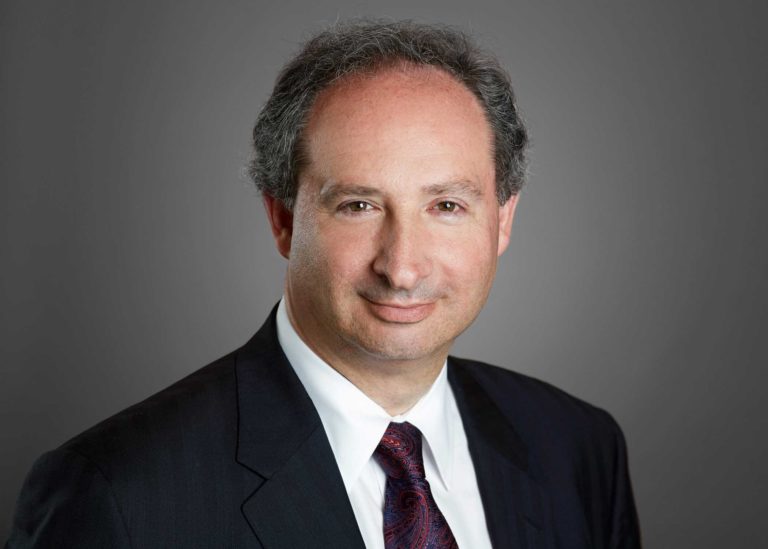After Building a Lifetime of Creative Works, What is the Best Way to Leave a Legacy for Your Family?
When you are a creative person, your creations are called “intellectual property.” In order to protect one’s creations, whether literary works, music or art, most people diligently safeguard their intellectual property rights via copyrights, trademarks, patents, etc. Yet, many people do not think to consider what happens to these rights when they pass away. A popular misconception is that one’s works become part of the public domain, but this is not the case (ask Michael Jackson’s heirs, Prince’s heirs, or the Walt Disney Corporation).
This article is not intended to be a copyright course, but in short, nothing special is needed to get copyright protection – the creation of a work automatically triggers its protection. However, the work must be written or made into a tangible form (such as placed on an audio tape, produced in visual form on film, or put in writing on paper). To distinguish what qualifies as a “tangible form,” copyrights cover works such as novels, movies, songs, computer software or architecture, but do not protect ideas, or performances which have not been recorded. When you have a registered copyright with the United States Copyright Office (USCO), you have the right to make copies of the work, sell the work, create new works based on the old work, or perform the work again. However, there can be exceptions to this rule, where you may not own something that you created. For example, if you create a work, but you were employed by someone who paid you to create that work, you may not own the work. In addition, the copyright does not last forever. The duration of ownership depends on when the work was published. The main time frames are (1) prior to 1928 (2) from 1928 through 1978, and (3) after 1978. For works that were registered with the USCO and published after 1978 with a copyright notice, the term of the copyright lasts for the life of the author, plus 70 years. After this time period, your rights as the author to the copyrighted work lapse and the work enters the public domain. For example, next year in 2024, much to Disney’s dismay, an early version of Mickey Mouse will enter into the public domain. This article will discuss post-mortem rights and their relevance to copyrighted works.
A Will can be a clear way for a creative person to allocate their rights to their copyrighted work post-mortem. Basically, a Will is a signed document which designates who will receive your assets when you pass away. The person in charge of distributing the assets is the executor. Within a Will, a creative person has four rights they can leave to their heirs: Copyright, Trademark, Patent, and the Right of Publicity.
Like most property, one’s rights are transferred to their heirs. The details of how this occurs will depend on the state in which one resides. Generally, in order to name a specific heir (or heirs), one will need to have a Will granting them the right to use and license the work just as the original rightsholder would. Your Will can also nominate a person who will be in charge of handling the copyright (sales, licensing, etc.). The designation of an independent person can help prevent family disputes when decisions need to be made about licensing and sales.
Three informative examples of the role of the Will in the passing down of copyright, are Michael Jackson, Prince, and the Beastie Boys. Michael Jackson’s Will named two independent people to manage his estate (his attorney and his accountant) and his family received their inheritance with minimal fighting. Unlike Michael Jackson, Prince unfortunately did not have a Will, resulting in his probate lasting six years and the fighting costing millions of dollars in legal fees. A Will can also set parameters for the use of the work. For example, the Will of one of the Beastie Boys contained provisions which prohibited music from being used to advertise certain products.
In short, the rights to intellectual property can be left to one’s heirs. When a person has spent their entire life building up a library of creative works, most people want to be sure that their heirs can benefit from their hard work. In order to ensure that their legacy is protected, people should be aware that there are many ways to preserve those rights.
 This article is intended as a general discussion of these issues only and is not to be considered legal advice or relied upon. For more information, please contact Jeffrey Blankstein who counsels clients on estate and retirement planning, individual taxation, real estate and litigation. Mr. Blankstein is admitted to practice law in New York.
This article is intended as a general discussion of these issues only and is not to be considered legal advice or relied upon. For more information, please contact Jeffrey Blankstein who counsels clients on estate and retirement planning, individual taxation, real estate and litigation. Mr. Blankstein is admitted to practice law in New York.

